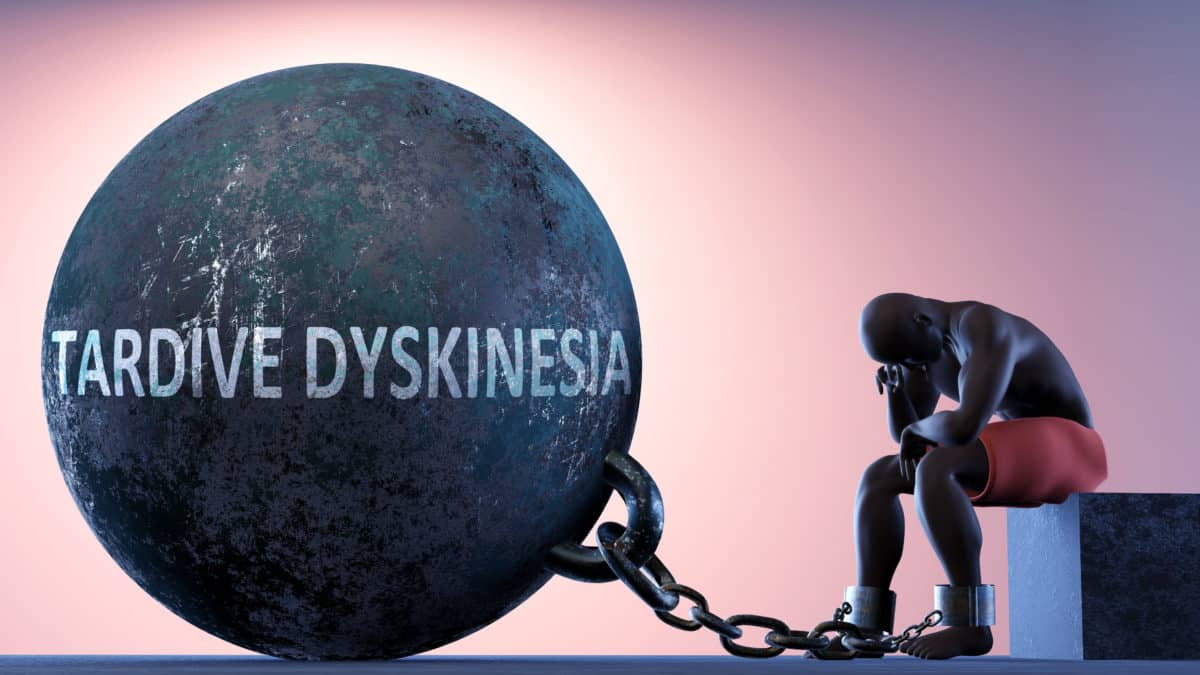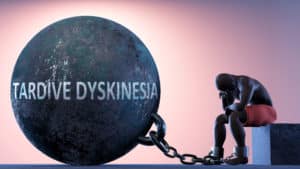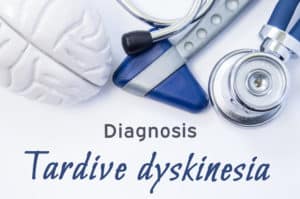When it comes to disease, illness, or any ailment, there is always an underlying cause.
It can be caused by a virus that enters our bodies. Or, it can be caused by bacteria. Sometimes, weather and temperature can be a factor too.
Whatever the cause or symptoms, there is often some type of medication that can help treat the disease and/or its symptoms.
But what if that medication, although effective, can cause another medical condition. Yes, sometimes medications can cause certain illnesses too.
And that is the case with Tardive Dyskinesia. However, before we get to the cause of the medical condition, let us first talk about what it is.
What Is Tardive Dyskinesia?
Tardive Dyskinesia does not sound like a common illness. But it is an illness that you should watch out for if you are taking neuroleptic drugs.
Tardive Dyskinesia is a neurological syndrome that causes uncontrollable and involuntary movement. This means that our muscles move and twitch on their own.
Most of the time, the muscles affected by this disease are the ones in the face, tongue, lips, or jaw. Although Tardive Dyskinesia can be weakening, it is not untreatable.
So, how exactly does one get Tardive Dyskinesia? What are its causes? Let’s look at the answer to these questions.
What Are The Causes Of Tardive Dyskinesia?
Like we said earlier, the medical condition known as Tardive Dyskinesia is caused mainly by certain medications. These medications are known as antipsychotic drugs or also called neuroleptics.
But aside from neuroleptic drugs, other types of medications can also cause Tardive Dyskinesia. These medications include antidepressants, anti-epileptic medications, anticholinergics, and antiemetics.
Neuroleptic drugs usually only cause Tardive Dyskinesia after long-term use. But in some cases, people may also develop Tardive Dyskinesia after a short time of usage of neuroleptic drugs.
Antipsychotic medications are used to treat various conditions. These conditions include the following:
- Mental health illnesses
- Neurological conditions
- Gastrointestinal disorders
Neuroleptic drugs are a type of drug that blocks the dopamine receptors in the brain. Dopamine is a neurotransmitter in the brain that controls the reward and pleasure centers.
However, the dopamine receptors can also do other things aside from controlling the reward and pleasure centers. It plays a major role in motor function. It is speculated that when the dopamine receptors are blocked, it causes Tardive Dyskinesia.
Specific Drugs Linked To Tardive Dyskinesia
People who use first-generation neuroleptic drugs are at higher risk of developing the medical condition. However, certain second-generation neuroleptic drugs can also cause Tardive Dyskinesia.
First-generation neuroleptic drugs that cause Tardive Dyskinesia include:
- Chlorpromazine (Thorazine, Promepar)
- Fluphenazine (Prolixin, Permitil)
- Haloperidol (Haldol)
- Perphenazine (Trilafon)
- Prochlorperazine (Compazine, Compro, or Procomp)
- Thioridazine (Mellaril)
- Trifluoperazine (Stelazine)
Second-generation antipsychotic drugs also cause Tardive Dyskinesia such as:
- Risperdal (risperidone)
- Invega (paliperidone)
Antidepressants that causes Tardive Dyskinesia are:
- Fluoxetine
- Trazodone
- Doxepin
- Clomipramine
- Amitriptyline
Anti-epileptic drugs that cause Tardive Dyskinesia are:
- Phenytoin
- Carbamazepine
- Lamotrigine
Anticholinergic drugs that cause Tardive Dyskinesia are:
- Cogentin (benztropine)
- Trihexyphenidyl
Antiemetics that cause Tardive Dyskinesia are:
- Reglan (metoclopramide)
- Compazine (prochlorperazine)
However, not all of the time these medications cause Tardive Dyskinesia.







